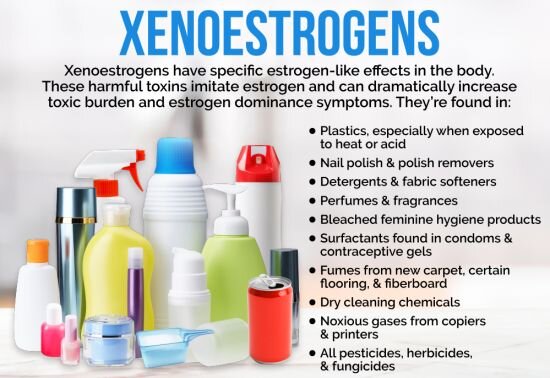This is a myth as pervasive as the cholesterol myth that took us around 40 years to come around to. Mind you, the research showing that cholesterol in food was NOT the issue has been around since the 80ies - research lead by Danish doctor Uffe Ravnskov.
Indeed it seems that frequently lower levels of testosterone present a greater risk of prostate cancer than higher levels (1,2).
A review of data from the National Institutes of Health revealed that, in men of advancing age, “high testosterone levels are not associated with an increased risk of prostate cancer, nor are low testosterone levels protective against prostate cancer” (3).
In one of the most comprehensive reviews done on the subject they looked at 18 studies which investigated serum concentrations of androgen and estrogen in 3,886 men with prostate cancer with those in 6,438 healthy controls.
There was no significant associations between the risk of prostate cancer and sex hormone levels (4).
In more than 500 men diagnosed with prostate cancer (followed over a mean of 8.7 years), high androgen levels were actually associated with a decreased risk of aggressive prostate disease, compared with no change in the risk of non-aggressive disease. Overall, levels of any steroid hormones (except estradiol) were not correlated with the risk of aggressive prostate cancer (5).
This leads us to understand that estrogen dominance and xenoestrogens might be the missing link rather than suppressing a healthy level of testosterone.
Indeed we do not suffer from testosterone mimicking substances, we suffer from estrogen mimicking substances that are linked to cancer risk.
In humans, epidemiologic evidence links specific pesticides, PCBs, and inorganic arsenic exposures to elevated prostate cancer risk. Studies in animal models also show augmentation of prostate carcinogenesis with several other environmental estrogenic compounds including cadmium, UV filters, and BPA.
But we do not offer testing for these things - which is why we are not treating these disease correctly. Yet the data is out there for all and sundry to see. (6)
Abraham Morgentaler, an associate clinical professor at the Harvard Medical School, in his book Testosterone for Life, convincingly makes the case for the benefits and safety of high testosterone vs. the dangers of low testosterone. He also goes back to the original 1941 Nobel Prize-winning research (Huggins et al 1941) about testosterone and shows how these data have been misinterpreted and unquestioned for over 70 years. This goes to show just how slow we are at taking logical reasoning and science and implementing it into our medical system.
However, please note I am not promoting testosterone therapy per se here. That is more complicated in regards to pros and cons than just noting the issues attached to blocking the body’s own natural production of testosteron. It needs to also be understood that many of the studies done to show benefits of testosterone therapy are sponsored by companies that produce hormone therapy. As well, as those studies done that show benefits of anti-hormones likewise have financial links to companies that produce hormone blockers. Yes, the irony is uncanny.
Even though it seems quite clear from the science that blocking the body’s own natural testosterone production is not a good idea, this will take decades more til it goes mainstream.
It took us decades of listening to non-sense ads about health benefits from tobacco smoking. Not to forget that something we know has the highest work-related deaths in the world, such as asbestos, has still not been banned in the US (it has been banned in over 60 countries at this point though). A study published in 2017 claimed the annual global death rate caused by asbestos exposure is around 237,000. A 2018 study reported asbestos-related diseases killed 39,275 people in the U.S. and 222,321 people throughout the world in 2016. (7)
It takes a ridiculous amount of both dead lab rats and people, before we can call something statistically significant apparently.
And we refrain from using our logical reasoning in the meantime. Sometimes, it seems that the longer people went to school, the more they compromised their ability to use their common sense.
Common sense these days is, well, not very common.
References:
Morgentaler A. Testosterone for Life. New York: McGraw Hill; 2009.
Asbestos.com

